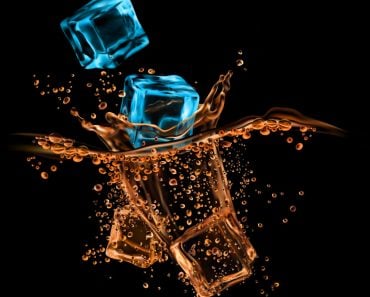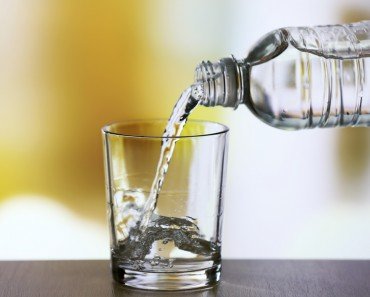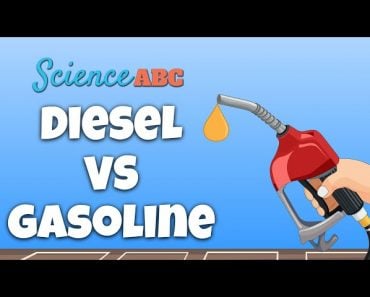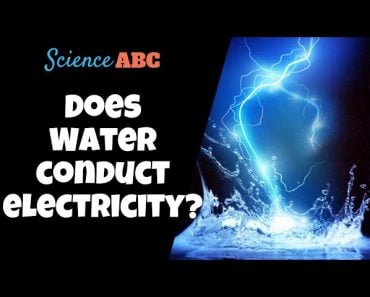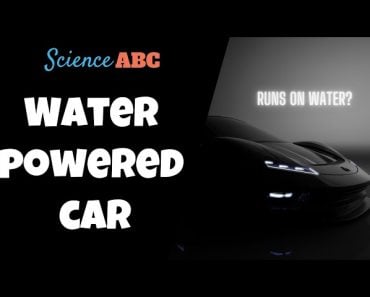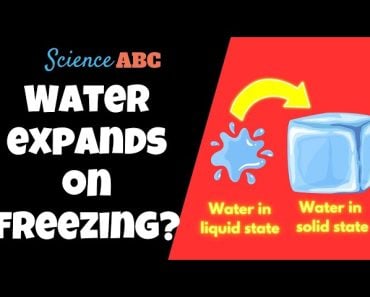Table of Contents (click to expand)
Ethylene glycol is an additive to pure water that serves to broaden the range at which that water will freeze and boil. It is used as an engine coolant in many automobiles. It is mixed with water in a 1:1 ratio and then poured into the car’s radiator.
Many car owners just assume that if they are driving their cars in a hot region, they don’t need to add coolant or ‘antifreeze’ to their car radiators; they can get by simply adding pure water instead of the water-coolant mixture. Their reasoning is that they don’t need to add antifreeze, since their cars will never be driven in conditions below 32 degrees Fahrenheit (i.e., the freezing temperature of water).
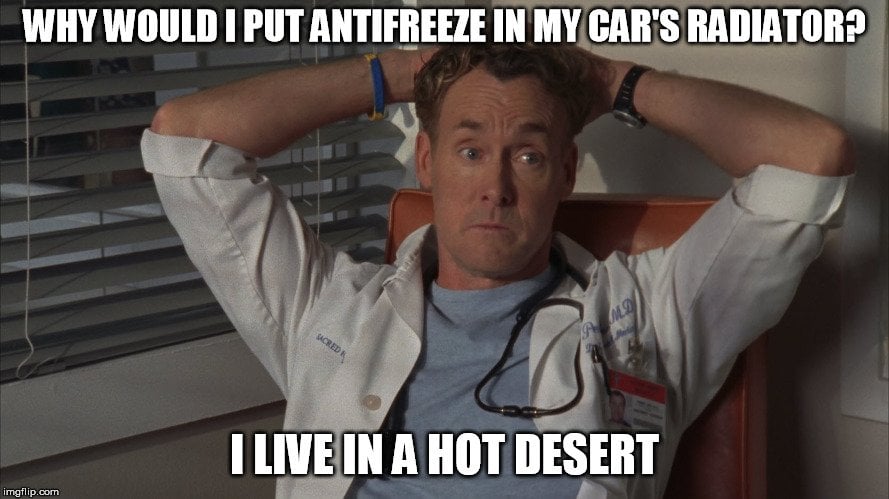
This thinking, while seemingly logical, doesn’t actually help. It certainly doesn’t help the car’s engine, at least.
It’s always recommended to add coolant to the car’s radiator, regardless of what conditions you drive your car in. But why is that? Let’s try and understand this a bit better…
Recommended Video for you:
Car Radiator
Radiators, in general, are actually heat exchangers. The term ‘heat exchanger’ is sort of self-explanatory, i.e., heat exchangers help to ‘exchange’ heat, or in more technical terms, transfer heat from one medium to another for the purpose of heating and cooling.
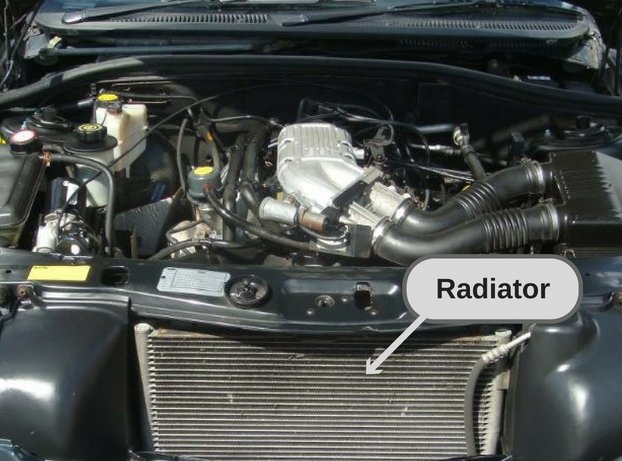
A car radiator does the same thing – it’s used for cooling internal combustion engines not only in motorcycles, cars and other automobiles, but also in railway locomotives, piston-engine aircraft etc.
It’s very important to ensure that the car engine becomes neither too cold nor too hot; if either of these things happen, it may seriously hamper the efficiency of the engine. That’s why it’s crucial to maintain an optimum temperature in and around the engine, so that it keeps exchanging heat energy with the surroundings and maintains a “healthy” temperature.

Internal combustion engines are usually cooled by passing a liquid around the engine block. This liquid is called the “engine coolant”. This is what we are going to discuss next.
Engine Coolant
Engine coolant, as the name suggests, is a liquid that helps to keep the engine cool. It is made to pass around the engine block, where it gets heated up. Subsequently, it passes through the radiator, where it loses heat to the surroundings. Cool once again, it returns to the engine block to “acquire” the engine’s heat and the cycle continues. This way, the coolant helps to keep the engine cool and help it perform efficiently.
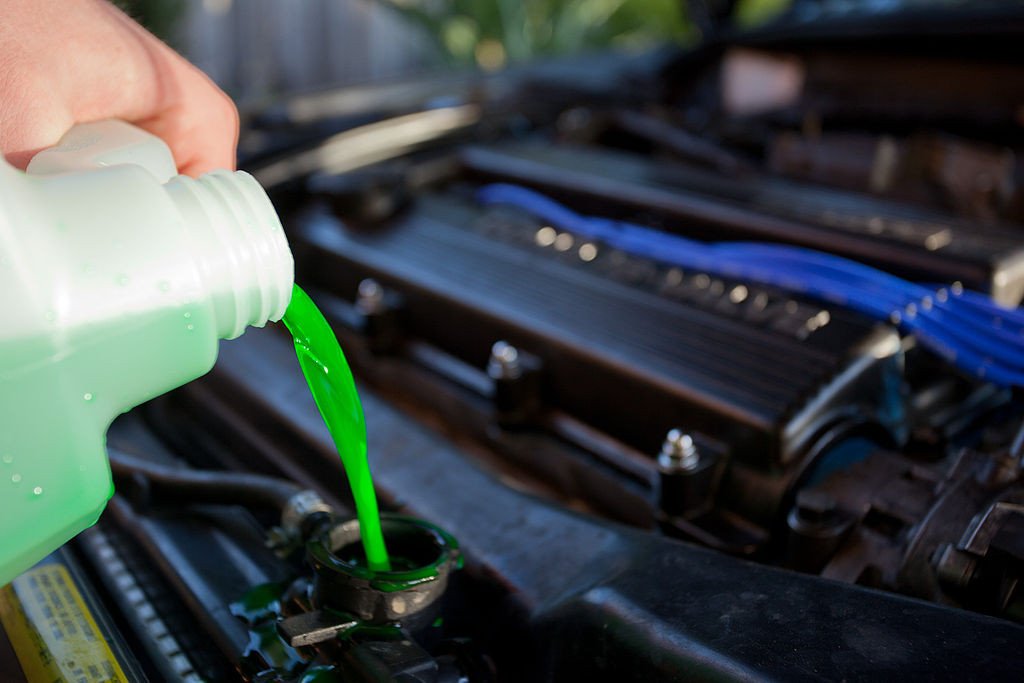
Whether you know it as a coolant or antifreeze, this thing is basically an additive that serves to broaden the range at which that water will freeze and boil.
Different Engine Coolants
Before the Second World War, plain water was the only choice for an engine coolant. Antifreeze was added to the coolant too, but its purpose was to solely prevent freezing, and as such, antifreeze was added only when the engine was to be operated in cold weather conditions.
However, as tools and machines improved, they began to look for better alternatives (than water) that could act as an engine coolant. Now machines need coolants that, in addition to having low freezing points, have higher boiling points as well. This is how ethylene glycol came to be used as an additive to pure water, due to its higher boiling point (than water) and antifreeze properties.
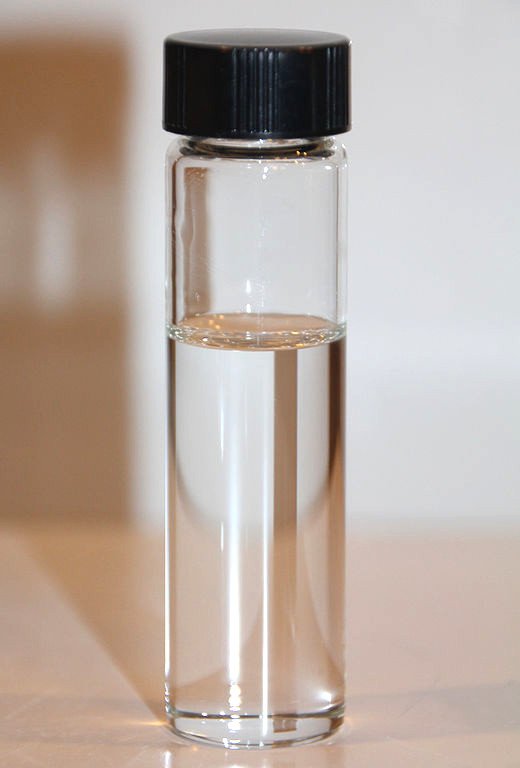
In the past, people often used plain water in summers and added antifreeze to it only during the winter. While plain water itself can act as a good coolant to your car engine, it’s not as good as a real antifreeze, such as ethylene glycol, for several reasons.
Firstly, as mentioned earlier, water freezes at cold temperatures. Therefore, if you have added only water to your car radiator, then it might freeze in cold climate conditions, making your car engine stop. Furthermore, if you’re driving in a hot desert, then plain water will not do as good a job as ethylene glycol does to keep your car engine cool.
Furthermore, antifreeze also has good anti-corrosion properties (which water lacks). This proves to be a plus, as modern engines consist of a variety of metals and alloys that work best when they’re not corroded.
Therefore, it’s always recommended to add ethylene glycol (i.e., antifreeze) to water in a 1:1 ratio, and then pour this mixture into your car’s radiator. This solution helps the car engine perform more efficiently, and ensures that your car doesn’t stop working in the middle of a cold desert.
References (click to expand)
- Types of Antifreeze - Automotive Training Center. autotraining.edu
- Question of the Week: Why Does an Engine Cooling System Have a Thermostat, and How Does It Relate To the Coolant Flow Rate? - www.caltech.edu:443
- . (2008). Spacecraft Water Exposure Guidelines for Selected Contaminants. []. National Academies Press.
- Tonye. K. Jack, Mohammed M. Ojapah - Water-Cooled Petrol Engines: A Review Of Considerations In Cooling Systems Calculations With Variable Coolant Density And Specific Heat - CiteSeerX


